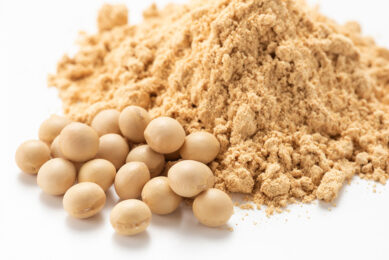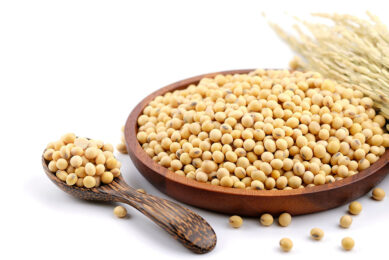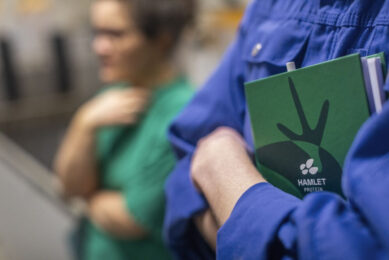Argentinean government limits land sale to foreigners
Argentina has joined a handful of other big farming nations such as Brazil that have taken steps to limit foreign ownership of farmland.
Argentina is blessed with vast tracks of arable land that have allowed the South American nation to become the top global exporter of soy meal and soy oil, No. 2 in corn, and third in soybean exports.
The abundance of land coupled with high prices for farm products has fuelled a buying spree by US, Chinese and Saudi Arabian companies.
Earlier this year, China’s largest farming company, Heilongjiang Beidahuang Nongken Group, said it would spend $1.5 billion to lease and develop farms on 300,000 hectares in Rio Negro Province.
It also formed a joint venture with one of Argentina’s top agricultural firms, Cresud SA, to buy land and farm soybeans.
President Cristina Kirchner used her majority in Congress to pass legislation that could put an end to the land grab by foreign investors. The Senate approved the bill just before Christmas by an overwhelming majority of 62-1.
"This is the first time that Argentina takes this stance related to its sovereignty," said Maria Graciela De La Rosa, president of the Senate agriculture commission, during the debate.
Maximum area
The legislation, which now goes to Kirchner to be signed into law, caps ownership by a foreign individual or company at 1,000 hectares (2,470 acres). Existing holdings are exempt from the limits.
Also, no more than 15% of all the country’s farmland can be in foreign hands, of which up to 30% can be owned by people or companies from the same nation.
About 7% of Argentina’s productive farmland, some 20 million hectares, is already in foreign hands, according to the Argentine Agrarian Federation, an influential farm group that represents small-scale farmers. Other sources report that even more–as much as 10%–of Argentina’s land is already foreign owned.
However, the true extent of foreign holdings won’t be clear until a survey of land ownership mandated by the new law is completed.
Just in time
Only recently Saudi company Almarai Co., the Middle East’s top dairy producer, perhaps in the nick of time paid $85 million for local operator Fondomonte to lock down feed supply for its cattle and poultry operations.
With that purchase, the Saudi Arabian company will own and operate three farms in Argentina, covering more than 12,000 hectares and producing barley, maize, soybean, wheat, sorghum and sunflower, according to the company’s website.











